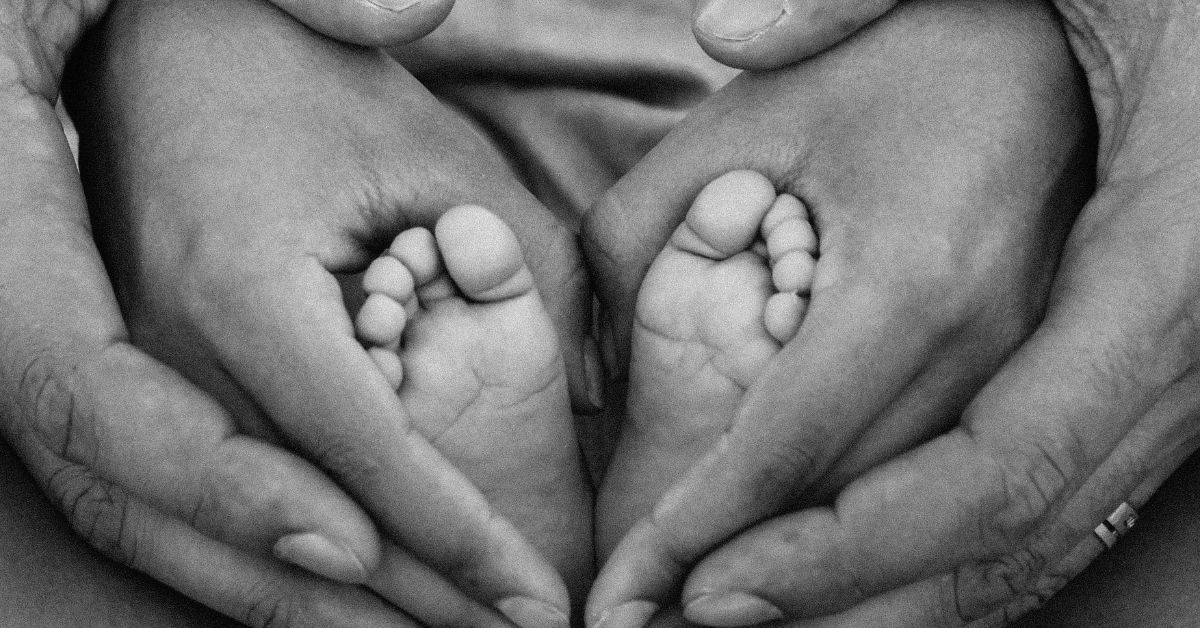National Birth Defects Prevention Month
The start of a New Year also marks a time to raise awareness about protecting those who are about to start their lives. Each January is National Birth Defects Prevention Month, and this year’s theme is “Making Healthy Choices.”
No parent should have to suffer the heartbreak of having a child who is born unhealthy. The lifetime cost of providing care for a sick or crippled child can be substantial, and the emotional toll on family members is often tremendous.
In order to prevent birth defects, expecting parents and even couples thinking about having children must be aware of possible risk factors. Here are some of the leading causes of birth defects, and healthy choices you can make to avoid them.
1. Prescription Medications
The acne drug Accutane, epilepsy medicine Depakote, and antidepressants like Prozac, Zoloft, and Paxil have been the subject of FDA recalls and multiple lawsuits. These and other medications have been linked to a wide range of serious birth defects, including heart and lung distress, abnormal brain development, and more.
Women who are pregnant or think they might become pregnant should talk to their doctor about the possible dangers prescription drugs might pose. A physician can also recommend alternative medications to keep mother and baby healthy until birth.
2. Medical Negligence
Expecting mothers and fathers should be able to trust doctors, obstetricians, and other health care providers to give sound advice and the proper care in order to bring their baby into the world safely. Unfortunately, improper monitoring and subpar treatment can seriously harm the baby and put the mother’s health at risk, too.
Undiagnosed infections, exposure to radiation from X-rays, and other careless conduct increases the risk of birth defects. If you’re in doubt about the prenatal care you’re receiving, seek a trustworthy second opinion.
3. Hazardous Products
Most people know about the negative health effects substances like tobacco, alcohol, and pesticides can have on unborn children. Other potential toxins, though, might not be as obvious.
Paint, cleaning products, and even cat litter are just a few household items with contents that could make an expecting mother sick and pose a serious risk to her baby. Check labels for any warnings about using common products while pregnant, and seek emergency medical attention if you become sick.
4. Unclean Foods
Any food items in a supermarket or other type of store should be safe to consume. However, tainted supplies, improper shipping, and unsanitary handling can introduce strains of harmful bacteria that could lead to serious food poisoning.
Pregnant women can reduce their risk of severe foodborne illness by not handling or eating meat and eggs until they’ve been fully cooked. Bacteria can also dwell on fruits and vegetables, so make sure they’ve been washed before consuming.
All of us at Colling Gilbert Wright wish you a Happy New Year. And to all of the expecting parents in the Orlando community, we hope for your health and happiness as you welcome the new arrival to your family.








